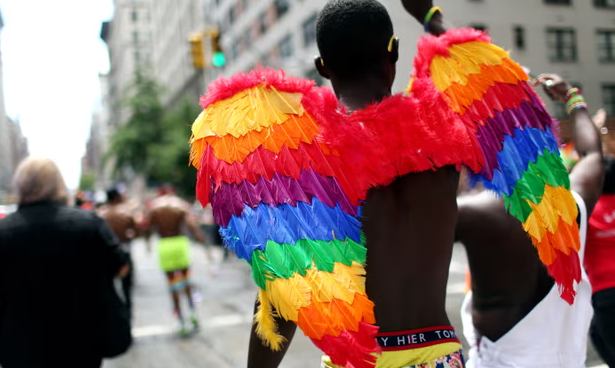As we come back from the holidays where some people were spending time with their families, it is important to note the existence of toxicity in some relationships, be it romantic or platonic. The journey toward self-discovery and acceptance within the Lesbian, Gay, Bisexual, Transgender community is often fraught with challenges, and unfortunately, toxic relationships can be one of them. While the community has made significant strides in achieving some acceptance and recognition, it is essential to acknowledge and address the issue of toxic relationships within its diverse folds. This article explores the dynamics, challenges, and ways to navigate toxic relationships within the LGBT community.
Toxic relationships, irrespective of sexual orientation, are characterized by emotional, psychological, or physical harm inflicted by one partner on the other. In the context of the LGBT community, these toxic dynamics can be exacerbated by societal stigmas, discrimination, and the unique struggles faced by individuals within the community.
Some members of the LGBT community may internalize societal prejudices, leading to self-hatred and destructive behaviors that can manifest in relationships. Discrimination and societal rejection may result in a lack of support networks, making individuals more susceptible to staying in toxic relationships due to fear of loneliness. The desire to conform to societal norms or expectations within the LGBT community can contribute to individuals staying in unhealthy relationships, compromising their well-being.
There are several patterns in toxic relationships such as: Partners may employ gaslighting tactics to undermine the other’s perception of reality, making it challenging for them to recognize and escape the toxicity. Toxic relationships can amplify internalized homophobia or transphobia, leading to self-destructive behaviors and mutual harm. Power imbalances may emerge, with one partner exerting control over the other, often fueled by societal expectations and prejudices.
It is not easy to navigate toxic relationships when you find yourself in one. Recognizing the signs of toxicity is crucial. Self-reflection allows individuals to understand their needs, boundaries, and whether their relationship aligns with a healthy and supportive partnership. Building a strong support system within and outside the LGBT community is essential. Friends, family, or support groups can provide valuable perspectives and encouragement. Therapists and counselors experienced in LGBT issues can offer specialized guidance and support in navigating toxic relationships, helping individuals develop coping mechanisms and establish healthier patterns.
Regardless of how much we are accepted in society as a community, toxic relationships remain a challenge. Identifying the unique struggles faced by individuals within the community and nurturing an environment of support and understanding are crucial steps in addressing and overcoming toxic relationships. By promoting self-awareness, seeking support, and promoting a sense of community, individuals can navigate the complexities of relationships in a way that promotes mutual respect, and emotional well-being.
-SC

